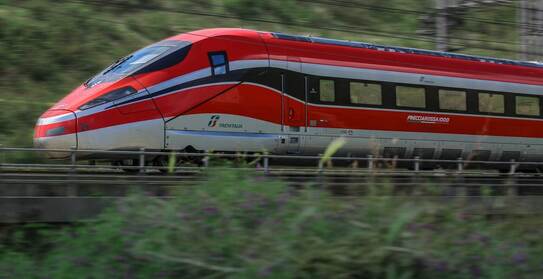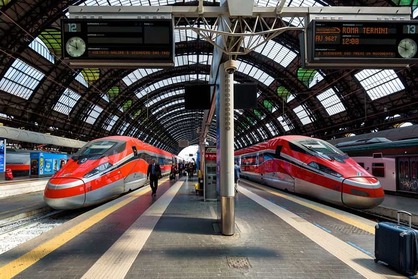Friday,
Feb 20
Bernalda
10°
Saturday,
Feb 21
Bernalda
10°
Sunday,
Feb 22
Bernalda
12°
Monday,
Feb 23
Bernalda
13°
Tuesday,
Feb 24
Bernalda
14°
Wednesday,
Feb 25
Bernalda
9°
MORE IMPORTANT INFORMATION ABOUT YOUR TRAVEL TO Bernalda
The Train station is located at the center of Bernalda
Interlaken is a Swiss town and municipality in the Interlaken-Oberhasli administrative district in the canton of Bern. It is an important and well-known tourist destination in the Bernese Highlands region of the Swiss Alps, and the main transport gateway to the mountains and lakes of that region. The town is located on the flat alluvial land called Bödeli between two lakes, Brienz to the east and Thun to the west, and alongside the river Aare, which flows between them. Transport routes to the east and west alongside the lakes are complemented by a route southwards into the near mountain resor...
Source:
WikipediaADDITIONAL INFORMATION ABOUT Interlaken
The Train station is located at the center of Interlaken
Bernalda is a town and comune in the province of Matera, in the Southern Italian region of Basilicata. The frazione of Metaponto is the site of the ancient city of Metapontum. Until the 15th century, it was called Camarda. It is home to a castle built in the 15th century during the Aragonese rule in the Kingdom of Naples. The patron Saint of Bernalda is Saint Bernardino of Siena. The celebration of Saint Bernardino is on 20 May and on 23 August.
Source:
WikipediaImages of the trains for your trip
Where Can You Travel With Us?
TAKE A LOOK AT OUR MAP
France
Italy
Netherlands
Luxembourg
Austria
Germany
Belgium
Switzerland
Denmark
Sweden
Norway
Hungary
Czech
Ukraine
China
Active
France, Italy, Netherlands, Luxembourg, Austria, Germany, Belgium, Switzerland, Denmark, Sweden, Norway, Hungary, Czech, Ukraine, China
Upcoming
USA, Canada, Spain, Poland, Japan
WHY YOU SHOULD TRAVEL BY TRAIN?
To travel from Interlaken To Bernalda, trains would be the best travel choice, for several reasons:
1
Eco-Friendly
Trains are the most environmentally-friendly way of transport to the EU Environment Agency. They are powered by electricity, which is renewable and has a low environmental impact.
2
Speed
Travelling by train is in most cases the fastest way to go from Interlaken to Bernalda. Trains usually travel at high speeds, making them the fastest way to get from one place to another.
3
Safety
Travelling by train is one of the safest forms of transport. Trains are heavily regulated and monitored, making them safer than other forms of transport.
4
Price
Travelling by train is often cheaper than other forms of transport, such as flying or taking a bus. Trains are often subsidized by the government, making them cheaper than other forms of transport.
5
Luggage
Travelling by train is a great way to transport luggage. Trains usually have plenty of space for luggage and they are usually safe and secure.
6
Luggage
Travelling by train is often faster than other forms of transport, such as driving or taking a bus. Trains usually travel at high speeds, making them the fastest way to get from one place to another.
7
Comfortability
Travelling by train is usually very comfortable. Trains usually have comfortable seating and plenty of legroom, making them a great way to travel.
8
Comfortability
Travelling by train is a great way to get some sleep. Trains usually have comfortable seats and plenty of legroom, making them a great way to get some rest while travelling.
9
WIFI
This is not necessarily the most important when you travel since we prefer to tell you to enjoy your travel without your phones, but on trains, you can find WIFI onboard, so you remain connected to the internet if you choose to.
Popular Routes

Geneva Airport To Champery
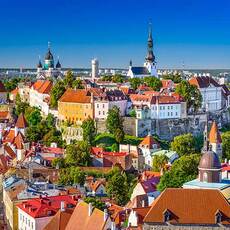
Paris To London St Pancras International

Paris To Brussels Midi South
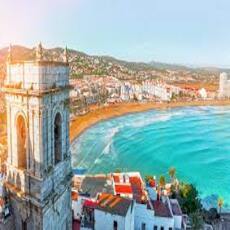
Bologna To Verona Porta Nuova

Ragusa To Naples

Amsterdam To Brussels Zaventem Airport

Nice Ville To Lyon Part Dieu

Amsterdam To Brussels
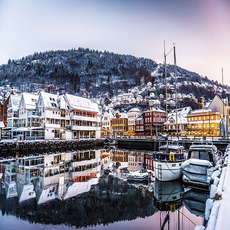
Liege Guillemins To Eupen

Zurich Airport To Lauterbrunnen

Rotterdam To Antwerp Berchem
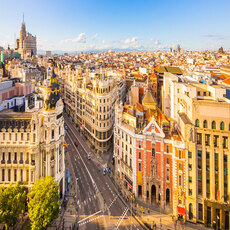
Paris Charles De Gaulle CDG Airport To Nantes
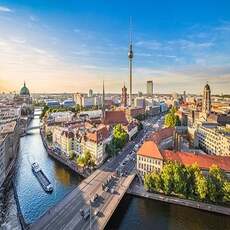
Milan To Rome

Stuttgart To Basel

Frankfurt To Paris
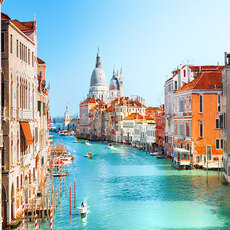
Amsterdam To Boom
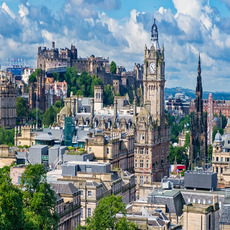
Bellinzona To Basel
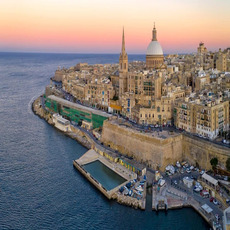
Vienna To Budapest Keleti Palyaudvar

Bietigheim Bissingen To Nuremberg

Paris To Rome

Biarritz To Bordeaux Saint Jean

London St Pancras International To Amsterdam

Naples To Milan

Zurich To Basel

Frankfurt To Amsterdam
THESE ARE THE TRAIN OPERATORS WE WORK WITH






















